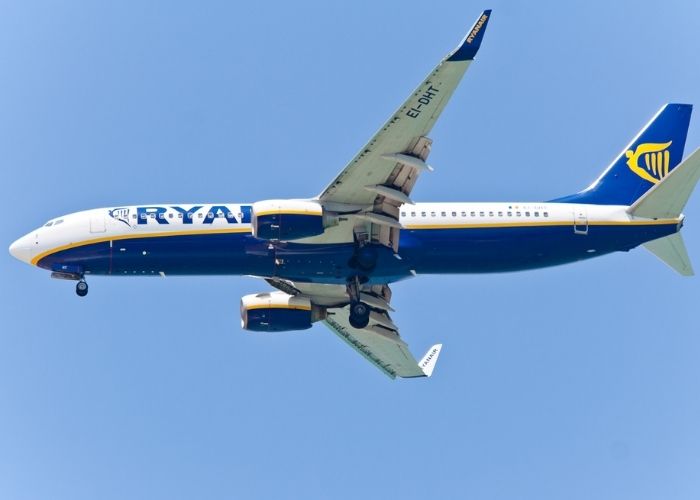MADRID – Is the era of cheap flights to holiday destinations almost over? Judging by the words of Ryanair’s CEO, that seems to be the case. “They are not sustainable”. At least, not in this period of high fuel costs and environmental tax.
Michael O’Leary gave an interview in the Financial Times, saying that the ‘low-cost model’ that has led his airline to success is no longer tenable in the current circumstances. Flying has become “too cheap” to make a profit as industry costs rise, O’Leary told the British business newspaper.
“It’s too cheap for what it is”
“It’s too cheap for what it is. I find it absurd that every time I fly to Stansted, the train journey to central London is more expensive than the airfare,” he continued.
O’Leary warned that tickets that previously averaged €40 will rise to €50 or €60 euros. And that, furthermore, the previously affordable prices may not return for another 5 years due to rising fuel costs. Until we cut ourselves off from Russian oil and gas. And even then, the CEO calls €50 to €60 “still cheap”.
Other low-cost airlines such as EasyJet and Wizz Air have also reported higher fares. Although, they have not yet warned against a longer-term increase in tariffs.
However, the owner of the Irish airline does not have much hope in this regard: “I do not think that travelling by plane at an average price of €40 euros is sustainable. It’s too cheap.”
Strikes at Ryanair
The Ryanair manager’s statements come after numerous cancellations by the company due to the cabin crew strike in Spain- and after the union’s announcement to extend the strike by 12 days also in July. Furthermore, this week, unions in Spain also threatened strikes in August.
Relentless cutting costs
O’Leary transformed Ryanair from a small regional airline into Europe’s largest airline in the 1990s by relentlessly cutting costs and passing those profits on to consumers through cheap ticket prices.
Read the interview in the Financial Times here*.
*Please note, readers may experience a pay wall to access this interview.


